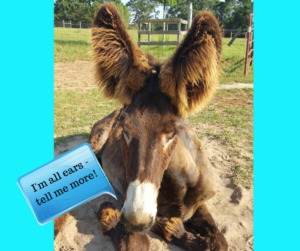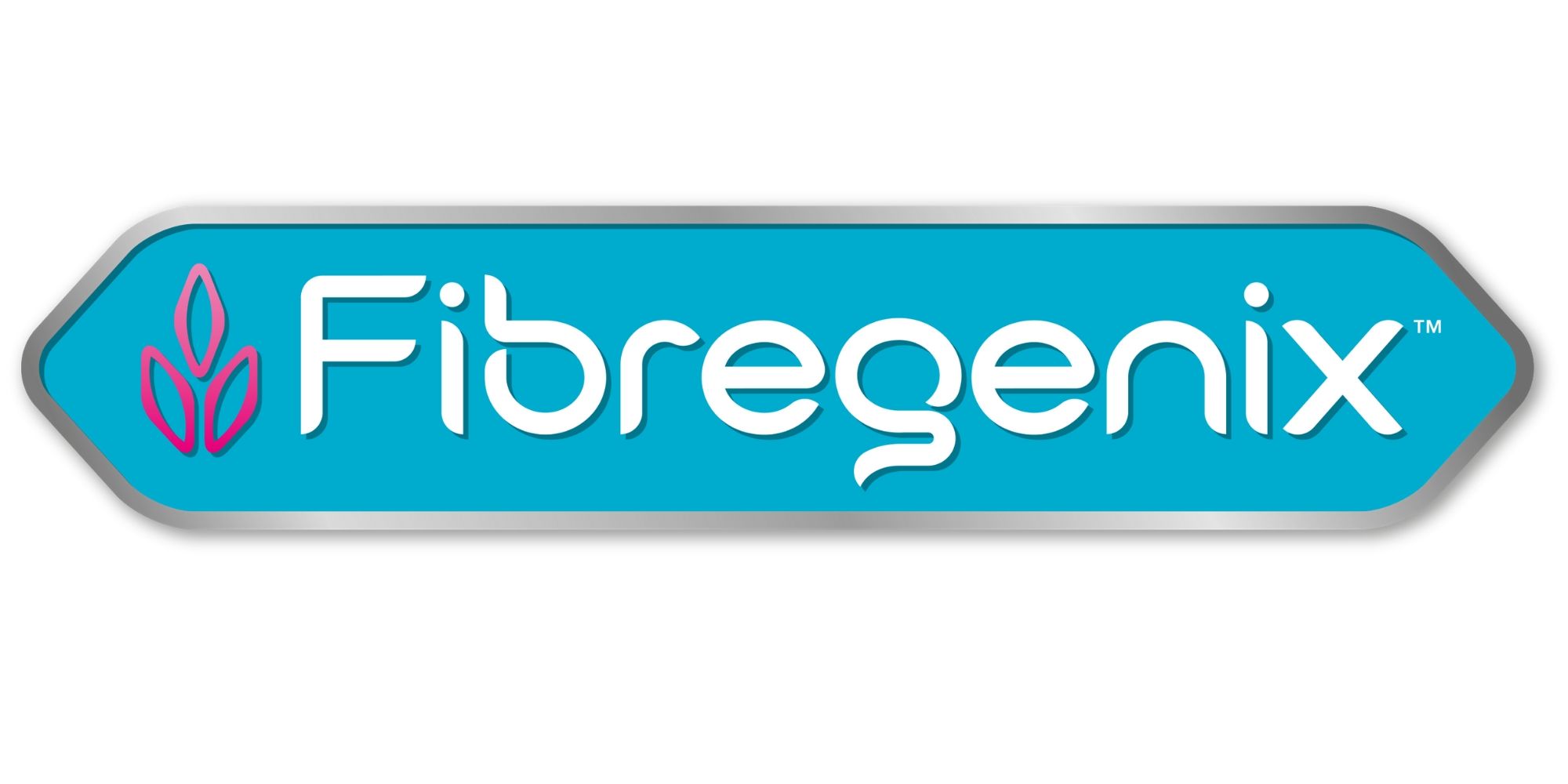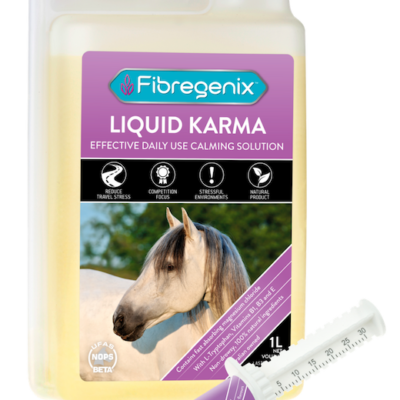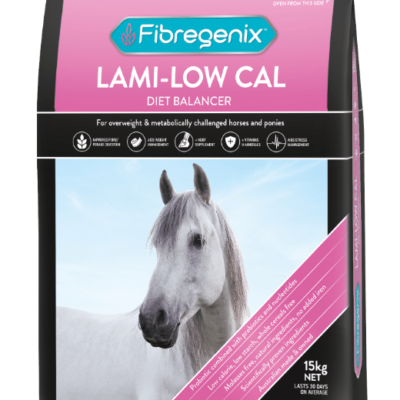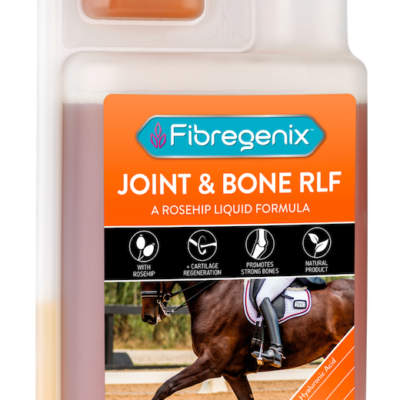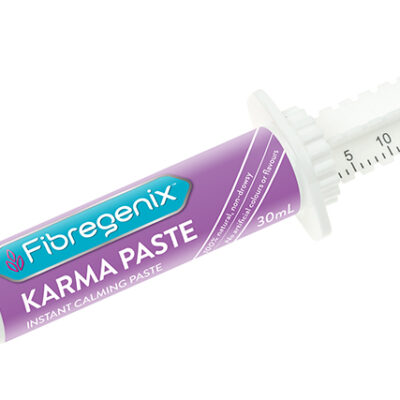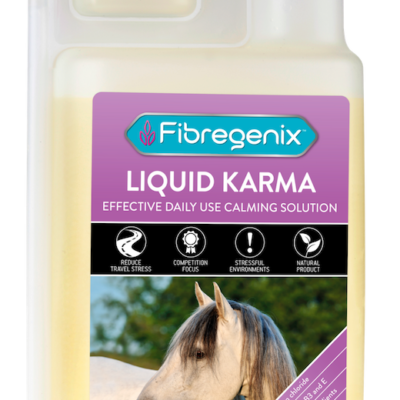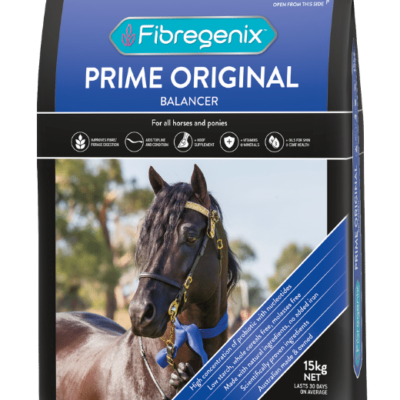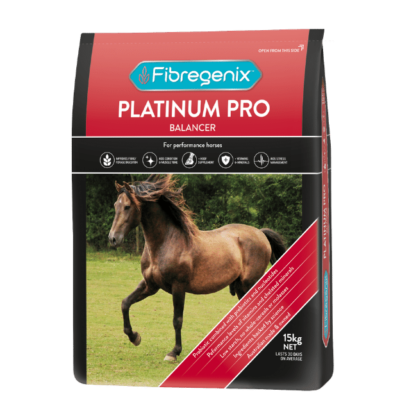You know, I get asked ALOT of questions…some very legit, some that are off the scale. So, to save you some valuable research time, I’ve rounded up some of the most common questions I get asked with a simple, straightforward fact-based answer.
Let’s get started…
Can I feed my horse all his feed in one meal? – it’ll come to about 2kg, 3kg, 4kg etc NO
A horse’s stomach is small (around the size of an AFL ball) Don’t exceed a total of 1.6 – 1.8kg per feed for a horse and 1.4 – 1.6kg for a pony (including additional chaff or sugar beet, if fed)
Adding more to it, even fibre, is risking overloading the stomach and feed flowing on into the intestine before it has been properly digested in the stomach. At best this is a waste of feed, at worst it can cause problems when it reaches the hindgut.
Is it worth feeding chaff? YES
Chaff slows down the rate of consumption of starchy meals and being a fibre feed, promotes chewing which encourages the production of saliva.
Is it better to soak beet pulp? YES
Beet pulp products such as Speedi-Beet can soak up to at least seven times its own weight of water. Nutritionally, it’s chock full of hindgut friendly fibres and is a great method of getting extra water into your horse.
Can I feed less hard feed than it says on the bag to save providing too much starch and sugar? YES
That and avoiding turning your horse into a landwhale or going crazy on sugar overload are the most common reasons 99% of people aren’t feeding the recommended daily serves.
But will this make him miss out on protein and other nutrients? YES
Unfortunately, bagged hard feeds contain relatively small amounts of vitamins, minerals and other nutrients per kilo of feed. Remember, the premix containing these added nutrients is the most costly part of any fortified feed. That’s why the recommended levels are supposed to enable the horse to get his full balanced ration of essential nutrients without resorting to additional supplements.
My horse looks great on his current diet should I still supplement him? NO
If it ain’t broke – why fix it?
Will Biotin on its own improve my horse’s hooves? NO
Sorry to disappoint, but no one nutrient will improve hoof quality or growth.
So I need to feed other specific nutrients which alongside biotin will improve them? YES
Biotin is just one part of the hoof improvement puzzle. It needs to be combined with other nutrients eg zinc, copper and essential amino acids ie lysine and methionine for the best effect. Oh, and add in a large tablespoon of patience too…
Can I feed a bran mash once a week? NO
Whilst this was once common, it’s now considered “bad practice” as it means a sudden change of diet. And remember, changes should ideally be made gradually to avoid upsetting the sensitive bacterial population of the horse’s hindgut. Even a “regular” change, eg a bran mash once a week, is enough to upset the bacterial balance and means the horse’s digestive efficiency is compromised.
So, is there any point in feeding bran? NO
Modern wheat bran is now missing much of the fibre and wheat germ for which it was once valued. Adding it to an already balanced diet will unbalance that diet as well as upsetting the calcium:phosporous ratio. This can compromise bone tissue formation and integrity – something which is particularly risky for growing youngstock.
Can I give my horse some extra carbs eg oats/barley/maize the night before my big competition event to give him a bit more energy? NO
Don’t even think about it! Remember, avoid a sudden change of diet. (Unless your saddle bronc rodeo skills are on par). Changes should ideally be made gradually to avoid disrupting the sensitive bacterial population of the horse’s hindgut.
Will too much protein make my horse hot? NO
In most cases, it’s the energy content (MJ / kg) of what you’re feeding and not the protein content. The source of the energy may also have some influence, i.e. ‘quick release’ energy from cereal starch or ‘slow release’ energy from fibre or oil. You’ll notice that most hard feeds that are rich in protein are also higher in energy. So, in most cases, the ‘fizz factor’ is as a result of a miss-match between the amount of energy fed (MJ) and that needed for daily life, rather than the amount of protein in the diet.
Should I cut my horse’s feed down if he isn’t being worked even if it’s just for a few days? YES
If your saddle bronc skills haven’t improved significantly, then cutting down is a good idea. Eliminate hard feeds first and then you can reassess other high energy feed sources.
Can I still give my horse a cereal-based feed if he’s ulcer prone? NO
Unfortunately, grain-based feeds are highly acidic – remember what got your horse there in the first place. So limit the intake to less than 1g per kg of body weight per meal or preferably no grain-based feed at all.
Can I still feed Cereal hay if he’s ulcer prone? NO Just think about it…
Will my horse be able to put condition on when he has ulcers? NO
Generally, horses with active ulcers will exhibit very picky feeding and will limit their feed intake accordingly to avoid digestive discomfort. Having said that, some horses are more stoic than others and I’ve come across horses that still ate well and looked well despite having EGUS.
Can I feed my ulcer prone competition horse lupins then for energy instead of cereals? YES
Could my horse’s hot/fizzy behaviour be as a result of poor digestive health? YES
If only people realised just how sensitive the horse’s digestive system is. ANY time there’s the slightest change in PH eg from sudden changes in the diet or being deprived without feed for many hours, it’s going to impact your horse’s digestive health and his temperament. It’s just one of those annoying things about our equine friends…
Can I feed oil for energy to my ulcer prone horse instead of cereals? YES
Oils are benign and won’t cause an acid spike. They’re also slow release and the majority of horses tolerate and can get energy from additional oil in the diet. Just go slow introducing it…
Should I provide some sort of joint supplement now that my young horse has started his showjumping/dressage/eventing etc career? YES
Even though he’s young and doesn’t have any current joint issues? YEP
The second we start working our young horses whether it’s lunge work or sitting on them, we’re impacting the joints. Many growth plates don’t close until maturity which is often at around 6 years old, so it makes sense to ensure they get some protection and nutrient support to keep joints and bones healthy.
Should I ask my local stockfeed supplier or vet for feed advice? NO
Ok, here’s the deal. Bear in mind that your local produce supplier may be wanting to sell you the latest and greatest that the rep persuaded him to buy. Not all of them have the depth of knowledge required to offer sound advice. And while we’re at it, unless a vet has diversified into nutrition, know that that in 6 years of studying, a vet will spend only a few weeks on this topic. I’ve seen some VERY questionable advice being dished out by vets.
Should I go on to a social media nutrition advice forum and ask about my horse’s diet? NO
In fact, make that a supersized NO! Why not I hear you ask? Because it’s pointless, confusing, and you can bet that what works for someone else’s horse won’t work for yours. After all, if you have a dental problem, you don’t go to your local GP do you?
So, if you have a nutrition question you want answering… Call me, Anita, on 040 892 0707 or email me at: anita@fibregenix.com.au
